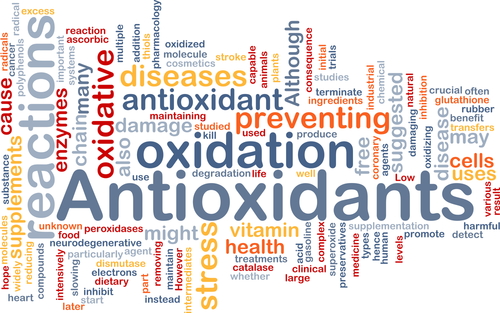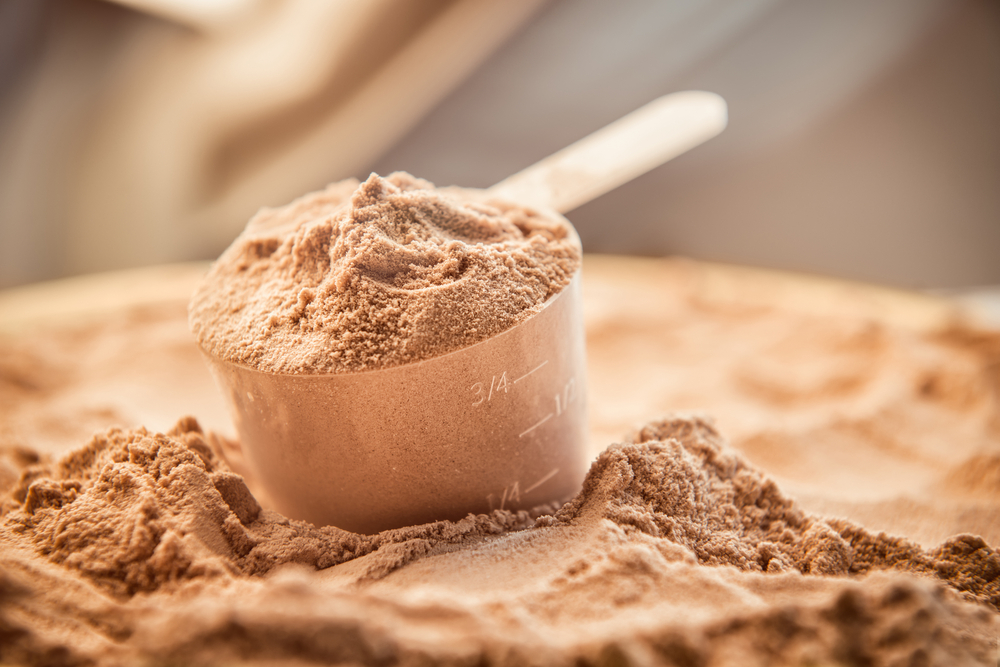By Dr. Deedra Rae Mason, Director of Clinical Education & Research
The question amongst athletes and trainers alike is, “Should we continue to supplement with antioxidants?” The question is not whether supplementation is beneficial; it is a question of “What did we learn from the exercise data?”
First, we have to consider the conflicting variables, different results have occurred in trials with both animals and humans. Nutrient dosages being inconsistent during trials, or taking nutrients in isolation from other beneficial nutrients can result in a discrepancy in outcomes. For example, taking vitamin C twice a day vs. once per day, in addition to dosing with synthetic vitamin E vs. taking natural tocolpherols. These discrepancies may not be accounted for in the research. In fact, the only factors that were consistent were the time that the supplements were taken and that actual performance was not affected between supplement and non-supplement users.
From a physiology standpoint, this makes a lot of sense. Exercise creates a free radical environment, which relies on the production of free radicals to carry muscles through a catabolic (breakdown) phase, followed by an anabolic (repair or growth) phase. High doses of combination antioxidants may prevent this necessary action from taking place, thereby making athletic conditioning less efficient at a cellular level. When, or if antioxidants are taken during exercise or during a phase of catabolism, presumably, depending on intensity of exercise within two (2) hours post-workout, they may hamper the production of necessary free radicals. That being said, certain select antioxidants, like alpha-lipoic and R-lipoic acid acid assist the body in optimal functioning of fatty acid (fuel) utilization for mitochondrial cells found in metabolically-active tissue. So the type of antioxidant matters as much as the time that you ingest the antioxidant.
Recent studies have suggested that antioxidants like vitamin C, E and resveratrol may hamper mitochondrial genesis. This makes muscles less energy efficient during endurance exercise. This was not the case in fast or short burst exercise activity; when there was no presence of antioxidant energy metabolism was adequate. Based on these outcomes and the performance of antioxidants for tissue repair (with antioxidant consumption at night or with short or fast burst exercise activity), antioxidants can be beneficial for athletes.
What we shouldn’t take from the outcome is the assumption that all antioxidants are created equal, or that they perform in the same way regardless of our metabolic environment. A prudent recommendation for athletes is to continue ingesting a diet rich in antioxidants, protein and fat in their natural state; while taking select supplements for performance and repair timed appropriately to the body’s metabolic need.




Comments (0)